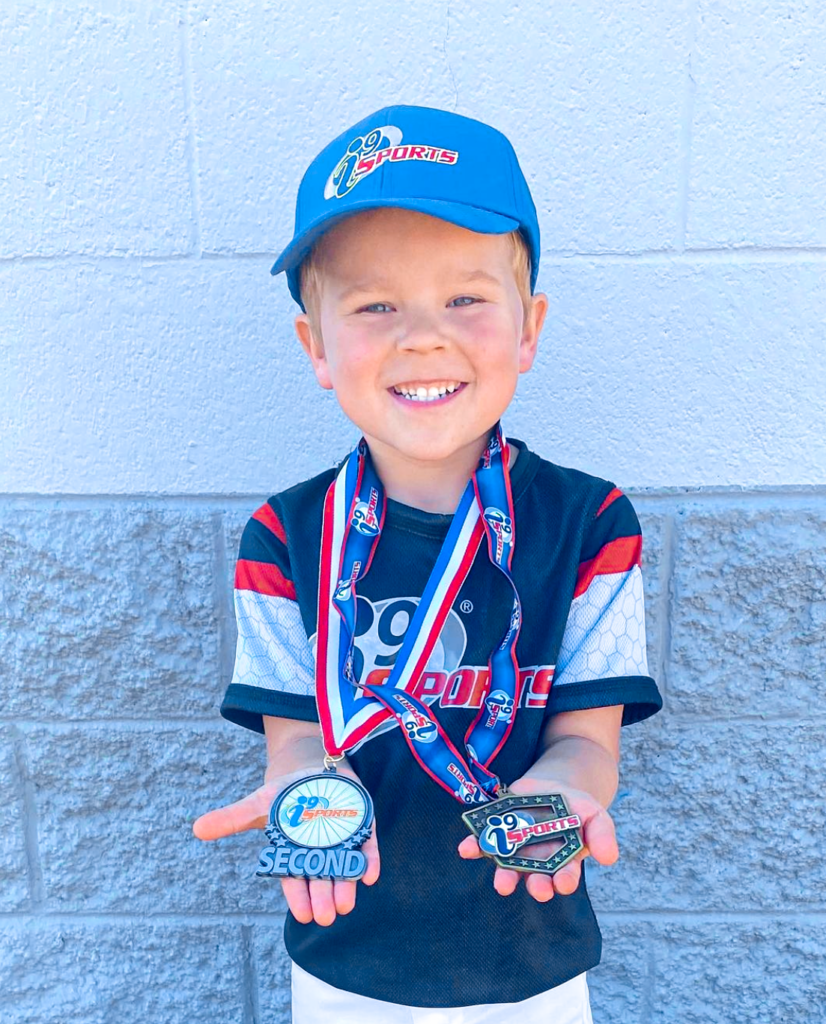10 Ways to Show Good Sportsmanship
Sportsmanship is an attitude and behavior that shows respect for other players and the rules of the game. It means being fair and ethical and acting appropriately, whether your team wins or loses. Sportsmanship can apply to athletes, coaches, officials, parents, and fans. When everyone involved in a competitive event is a good sport, the game is a whole lot more fun. Here are 10 ways to show good sportsmanship, whether you’re playing or watching from the sidelines.
1. Win with Dignity
Winning brings about more positive feelings than losing, but it can also breed arrogance and result in taunting or mocking the losing team. Show your child what it means to win with dignity, which can include being excited and happy while still remaining polite, respectful, and humble.
2. Lose with Grace
Participating in sports offers valuable life lessons remembered long after the final whistle blows. Everyone may want to win, but losing is a better learning opportunity. Teach your child to congratulate the winners and hold their head high, even in defeat.
As a parent, don’t be too hard on your child or their teammates. Focus on what they did well and offer high praise for the effort. Still, it’s okay to encourage your child to learn from their mistakes and make calm and positive suggestions that may help them improve their skills in the future.
3. Play Fair
The rules are there to make the game fair and fun. Teach your child that cheating demonstrates poor sportsmanship, and no one wants to play with a cheater. Then, as a parent watching from the sidelines, strive to respect the official call. This means refraining from shouting at the referee when you disagree with them.
4. Be a Team Player
In sports, encouraging others and doing the right thing is just as important as scoring a goal or winning the game. Being a team player is all about supporting teammates by saying kind things, giving high-fives, and passing the ball rather than hogging it. Never ridicule players who aren’t as gifted as others. Remember, everyone is trying their best, and everyone wants to win.
5. Give it Your All
Good sportsmanship doesn’t mean going easy on the opponent—it means having a strong work ethic. Teach your child to always try their hardest at practice and during games to earn respect from other players and coaches. Then, remind them to respond with dignity and grace whether they win or lose.
6. Maintain a Positive Attitude
Being negative can bring down the entire team, making the game less fun for everyone. Teach your child to see the positive side of things on and off the field. Even if things don’t go their way during the game, staying positive keeps everyone’s spirits up.
7. Don’t Trash Talk Others
Hurling harsh words at an opponent or putting a teammate down for missing an important shot is not appropriate. Instill in your child the importance of the adage, “If you don’t have something nice to say, don’t say anything at all.” Then, follow this rule yourself while watching the game.
8. Shake Hands & Thank the Coaches
It’s customary in many sports for the teams to line up and give high-fives or shake hands before and after a game. This shows respect and allows players to tell each other, “Good game.” As a parent, it’s appropriate to thank the coaches and officials for their time, which is usually volunteered. Encourage your child to do the same.
9. Remember, It’s Just a Game
Sporting events can get emotional, so it’s important to practice self-control. If your child tends to lose their temper when things don’t go their way, remind them that it’s just a game, so they should focus on trying their hardest and having fun.
10. Lead by Example
A 2012 i9 Sports®® survey found that nearly one-third of kids ages 8 to 14 who play team sports wish their parents weren’t watching the games. One reason the kids gave is that adults yell too much.
That’s why we ask parents, who strongly influence their young players’ experience, to take the i9 Sports® Parental Pledge. This includes promising to “model the sportsmanship-like behavior I wish my child to adopt.”
Find an i9 Sports® Program Near You
We believe youth sports are about more than skills and scores. That’s why we aim to develop sportsmanship values in every player, with medals awarded to those who demonstrate the weekly sportsmanship value. This emphasis on being a good sport helps kids become better athletes, but more importantly, it helps them become better people. To experience The Way Youth Sports Should Be®, please browse our programs or find an i9 Sports® office near you today.
